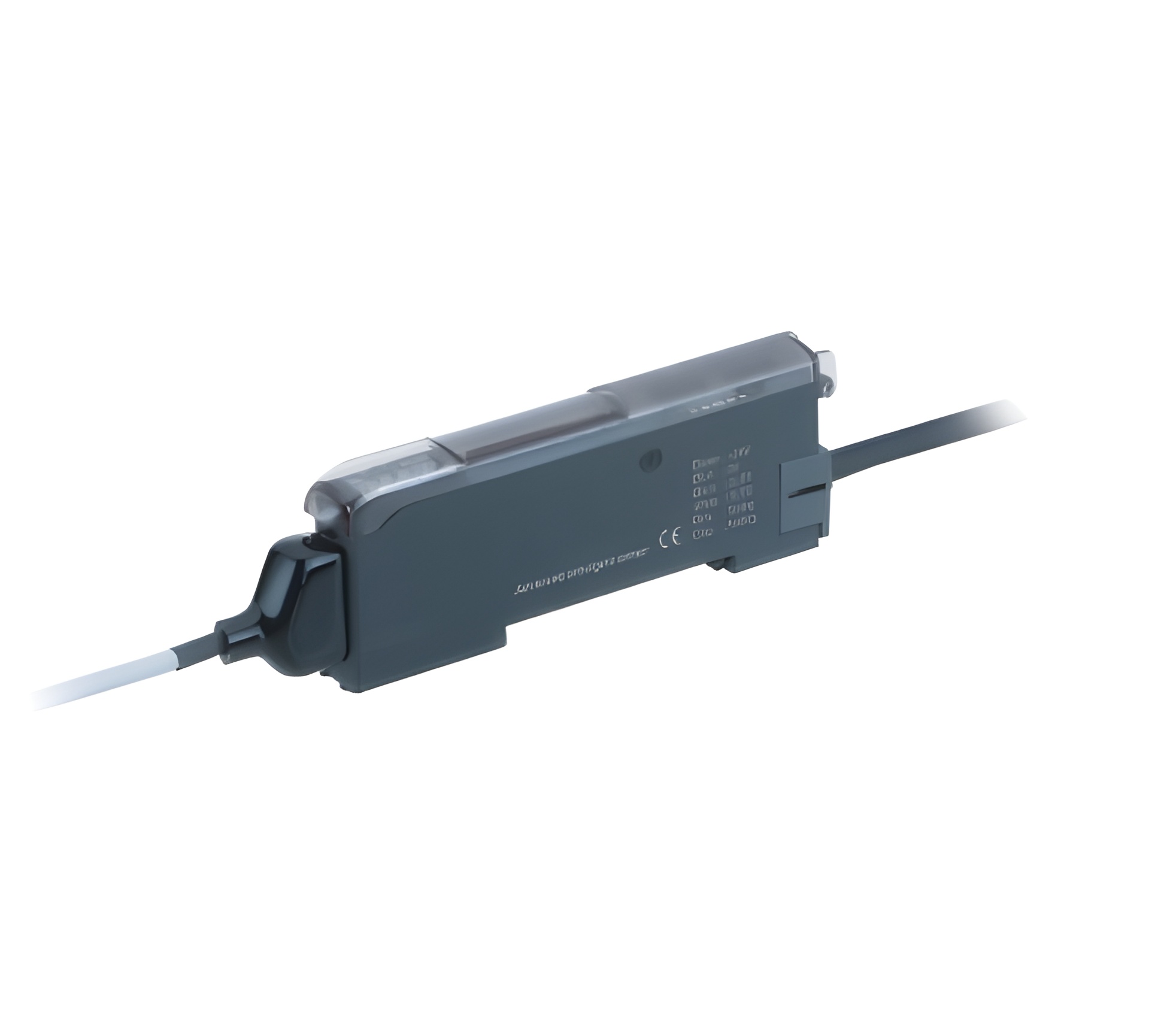Panasonic EF-S1C Sensor – A High-Performance Solution for Industrial Applications
The EF-S1C sensor is engineered to meet the needs of modern industrial environments. With its exceptional detection range, fast response time, and rugged construction, the EF-S1C ensures reliable performance across a variety of applications, from automation systems to heavy-duty manufacturing processes.
Panasonic EF-S1C Sensor Specifications
Key specifications of the EF-S1C sensor include:
- Detection Range: Long-range detection for versatile industrial use.
- Reflective Technology: Enhanced precision even with reflective surfaces.
- Sensitivity Adjustment: Easily customizable to suit specific applications.
- Power Requirements: Operates efficiently with a 12–24V DC power supply.
- Fast Response Time: Provides real-time feedback for automation tasks.
- Durable Construction: Resistant to dust, vibrations, and temperature fluctuations.
These features make the EF-S1C sensor a reliable and versatile tool for industrial operations.
Industrial Applications of the EF-S1C Sensor
The Panasonic EF-S1C sensor is widely used in industrial settings, including:
- Automation Systems: Enhances production line accuracy and efficiency.
- Factory Environments: Performs reliably in challenging conditions like dust and vibrations.
- Heavy-Duty Applications: Ideal for large-scale manufacturing and assembly lines.
- Reflective Surface Detection: Offers consistent accuracy even with highly reflective materials.
The EF-S1C sensor’s adaptability ensures seamless integration into diverse industrial processes.
Panasonic EF-S1C Installation Guide
Installing the Panasonic EF-S1C sensor is simple and straightforward. Follow these steps:
- Mounting: Position the sensor securely with a clear line of sight to the target area.
- Power Connection: Connect the sensor to a 12–24V DC power supply.
- Sensitivity Settings: Adjust the sensitivity levels as needed for your specific application.
- Testing: Test the sensor’s output signals to ensure proper functionality.
These steps ensure optimal performance and integration into your system.
Panasonic EF-S1C Datasheet Download
The EF-S1C datasheet contains comprehensive technical information, including:
- Connection diagrams and installation instructions
- Detailed specifications for detection range and sensitivity
- Durability ratings and environmental suitability
- Maintenance and troubleshooting tips
Download the datasheet to maximize the sensor’s capabilities and ensure proper use.
Benefits of the EF-S1C Sensor
The Panasonic EF-S1C sensor offers numerous advantages:
- Precision: Delivers accurate and reliable performance for industrial processes.
- Durability: Designed to withstand harsh environmental conditions.
- Versatility: Suitable for a wide range of applications, from automation to heavy-duty manufacturing.
- Ease of Use: Simple installation and user-friendly operation.
These benefits make the Panasonic EF-S1C sensor a preferred choice for industrial automation professionals.
Frequently Asked Questions
1. What is the detection range of the EF-S1C sensor?
The EF-S1C offers a long detection range, making it suitable for large industrial setups.
2. Can the EF-S1C sensor handle harsh environments?
Yes, the EF-S1C is designed to be resistant to dust, vibrations, and temperature changes.
3. How do I adjust the sensitivity of the EF-S1C sensor?
Sensitivity adjustments can be made via built-in controls, allowing for flexible customization.
4. Where can I download the EF-S1C datasheet?
The datasheet is available for download on the manufacturer’s website or through authorized distributors.
5. Is the EF-S1C sensor compatible with automation systems?
Yes, the EF-S1C integrates seamlessly with most standard automation systems.
Enhancing Industrial Efficiency with the EF-S1C Sensor
The Panasonic EF-S1C sensor goes beyond being just a detection device; it actively contributes to improving the overall efficiency and reliability of industrial operations. Its ability to deliver accurate results even in environments with high levels of dust, vibration, or temperature variation makes it a trusted solution for industries where precision is critical. By minimizing errors and ensuring consistent output, the EF-S1C helps manufacturers reduce downtime, avoid costly disruptions, and maintain high levels of productivity.
Another key advantage of the EF-S1C is its long-term cost-effectiveness. With low power consumption and a robust design that minimizes the need for frequent maintenance or replacement, businesses can achieve significant savings over time. This makes the sensor not only a performance-driven choice but also a financially smart investment for large-scale industrial facilities. Additionally, the ease of installation and compatibility with a wide range of automation systems ensures seamless integration, reducing the time and resources required for deployment. For companies looking to upgrade their automation processes and achieve greater operational stability, the EF-S1C sensor provides a future-ready solution that supports sustainable industrial growth.
Conclusion
The Panasonic EF-S1C sensor combines precision, durability, and versatility to meet the demanding requirements of industrial environments. Whether for automation systems or heavy-duty manufacturing, the EF-S1C delivers reliable performance and exceptional value. Invest in the EF-S1C sensor today to optimize your industrial operations.
Related Articles: Learn more about the sensors by reading our blog about Sensor Types.

